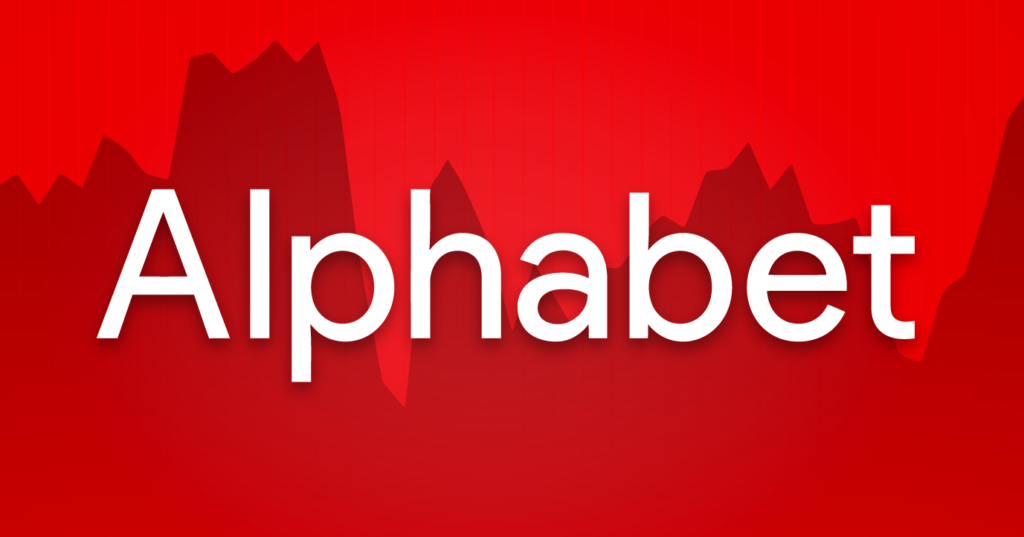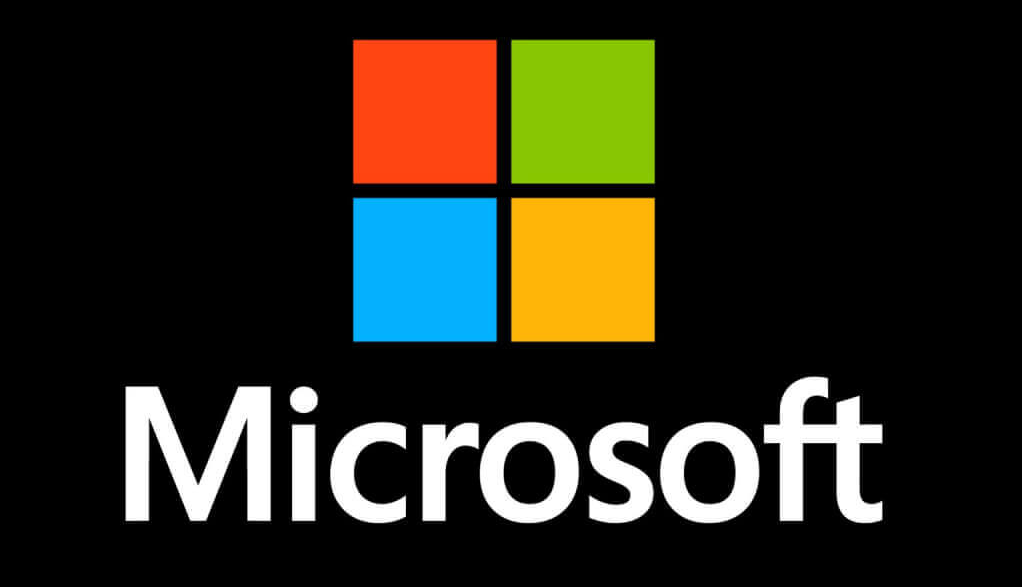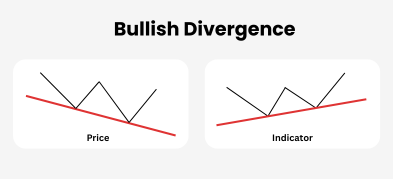Important Information
This website is managed by Ultima Markets’ international entities, and it’s important to emphasise that they are not subject to regulation by the FCA in the UK. Therefore, you must understand that you will not have the FCA’s protection when investing through this website – for example:
- You will not be guaranteed Negative Balance Protection
- You will not be protected by FCA’s leverage restrictions
- You will not have the right to settle disputes via the Financial Ombudsman Service (FOS)
- You will not be protected by Financial Services Compensation Scheme (FSCS)
- Any monies deposited will not be afforded the protection required under the FCA Client Assets Sourcebook. The level of protection for your funds will be determined by the regulations of the relevant local regulator.
Note: Ultima Markets is currently developing a dedicated website for UK clients and expects to onboard UK clients under FCA regulations in 2026.
If you would like to proceed and visit this website, you acknowledge and confirm the following:
- 1.The website is owned by Ultima Markets’ international entities and not by Ultima Markets UK Ltd, which is regulated by the FCA.
- 2.Ultima Markets Limited, or any of the Ultima Markets international entities, are neither based in the UK nor licensed by the FCA.
- 3.You are accessing the website at your own initiative and have not been solicited by Ultima Markets Limited in any way.
- 4.Investing through this website does not grant you the protections provided by the FCA.
- 5.Should you choose to invest through this website or with any of the international Ultima Markets entities, you will be subject to the rules and regulations of the relevant international regulatory authorities, not the FCA.
Ultima Markets wants to make it clear that we are duly licensed and authorised to offer the services and financial derivative products listed on our website. Individuals accessing this website and registering a trading account do so entirely of their own volition and without prior solicitation.
By confirming your decision to proceed with entering the website, you hereby affirm that this decision was solely initiated by you, and no solicitation has been made by any Ultima Markets entity.
I confirm my intention to proceed and enter this website Please direct me to the website operated by Ultima Markets , regulated by the FCA in the United KingdomBest Quantum Computing Stocks to Buy 2025
Quantum computing is emerging as a transformational force in technology, with the potential to revolutionize industries like cybersecurity, healthcare, finance, and artificial intelligence. For investors seeking long-term growth, quantum computing stocks present a compelling opportunity.
There are many companies in this field from tech giants to startups. You might feel you’ve missed out on the AI chip boom, but don’t worry, quantum computing is poised to be the next big investment trend. Now is the time to get ahead of the curve and explore opportunities in this transformative sector.
In this article, we analyze the best quantum computing stocks to buy in 2025 based on real financial performance, strategic positioning, and innovation in the quantum space.
What Are the Best Quantum Computing Stocks to Invest In?
These are the most notable companies leading the quantum revolution in 2025:
IonQ Inc. (NYSE: IONQ)

IonQ is a pioneering quantum computing startup focused entirely on building and commercializing quantum computers. It is known for its innovative trapped-ion technology, which provides more stable and accurate qubits than many alternatives.
Why Traders Like It:
- IonQ is the only pure-play quantum computing company publicly listed.
- It is actively selling access to its quantum hardware via Amazon Web Services (AWS), Microsoft Azure, and Google Cloud.
- Its trapped-ion technology is considered more stable and scalable than superconducting qubits used by competitors.
Financials (as of Q2 2025):
- Market Cap: ~$11.9 billion
- TTM Revenue: ~$43 million
- Strong R&D spending (~60% of revenue), a bullish signal for future development
Key Catalysts:
- Multiple partnerships with U.S. government agencies and Fortune 500 firms
- Launch of IonQ Forte Enterprise platform aimed at scaling quantum-as-a-service
Alphabet Inc. (NASDAQ: GOOGL)

Alphabet, the parent company of Google, is a global tech powerhouse that has made significant breakthroughs in quantum computing through its Google Quantum AI division. It was the first to achieve “quantum supremacy” solving a problem faster than any classical computer could.
Why Traders Like It:
- Through its Google Quantum AI division, Alphabet achieved “quantum supremacy” in 2019.
- It is developing a fault-tolerant quantum computer by 2030.
Financials (as of Q2 2025):
- Market Cap: ~$2.1 trillion
- Cash reserves exceeding $120 billion, supporting heavy R&D
- 2024 Revenue: ~$350 billion
Key Catalysts:
- Expansion of Google Cloud to offer quantum simulation tools
- Patent filings indicate a growing lead in quantum hardware development
IBM (NYSE: IBM)

IBM has been a longstanding leader in computing and innovation, and it was among the first companies to make quantum computers available to the public via cloud access. IBM continues to push boundaries with large-scale quantum processors and enterprise quantum solutions.
Why Traders Like It:
- IBM has been a pioneer in quantum computing since 2016 with IBM Quantum Experience.
- Offers quantum systems like the Eagle processor (127 qubits) and Condor (1,121 qubits in roadmap).
Financials (as of Q2 2025):
- Market Cap: Not disclosed (focus instead on R&D and capital allocation)
- $150 billion investment commitment in the U.S. over five years
- Dividend yield: ~4.5%
Key Catalysts:
- Plans to release 100+ qubit machines to enterprise clients by late 2025
- Global quantum computing network with more than 180 partners
Microsoft Corp. (NASDAQ: MSFT)

Microsoft, a global software and cloud computing leader, is investing heavily in quantum computing through Azure Quantum, its integrated platform for quantum services. It is also developing unique topological qubits designed to solve stability and error correction challenges.
Why Traders Like It:
- Azure Quantum platform integrates multiple quantum providers
- Investing in topological qubits, which promise lower error rates and longer coherence times
Financials (as of Q2 2025):
- Market Cap: ~$3.1–3.7 trillion
- Strong revenue from cloud and AI sectors
- Significant capital deployment into next-gen computing
Key Catalysts:
- Expansion of hybrid quantum/classical workflows in Azure
- Strategic alliances with Quantinuum and other startups
Should You Invest in Quantum Computing Stocks Now?
Quantum computing is still in its early commercial phase, and the majority of companies in this space are not yet generating consistent profits directly from their quantum initiatives. However, institutional investment is rising, and governments are backing national quantum strategies.
Key Considerations for Investors:
- Long-term horizon: These stocks are suited for long-term growth, not short-term gains.
- Diversification: Blend pure-plays like IonQ with tech giants like Microsoft or Alphabet.
- Volatility: Pure quantum stocks can swing 10–20% on earnings or product news.
Conclusion
Quantum computing remains speculative but holds game-changing potential. At Ultima Markets, we believe it’s essential to stay ahead of the curve by tracking emerging technologies that could redefine the future of finance and tech. Investors looking at the best quantum computing stocks in 2025 should focus on companies with solid financials, active product pipelines, and commercial deployments.
For traders, momentum-driven entries around earnings, partnership announcements, or government contracts can offer upside. Ultima Markets clients can leverage our platform to identify potential entry points, monitor volatility, and receive real-time alerts on quantum-related developments.
FAQ
What Are the Best Quantum Computing Stocks to Buy Now?
IonQ, Alphabet, IBM, and Microsoft stand out due to real quantum initiatives and enterprise clients.
Are Quantum Computing Stocks a Good Investment?
Yes, but only with a long-term view. Most players are investing heavily in R&D with little current revenue from quantum products.
How to Invest in Quantum Computing?
Direct stock purchases, thematic ETFs like Defiance Quantum ETF (QTUM), or mutual funds with exposure to emerging tech.
Disclaimer: This content is provided for informational purposes only and does not constitute, and should not be construed as, financial, investment, or other professional advice. No statement or opinion contained here in should be considered a recommendation by Ultima Markets or the author regarding any specific investment product, strategy, or transaction. Readers are advised not to rely solely on this material when making investment decisions and should seek independent advice where appropriate.












